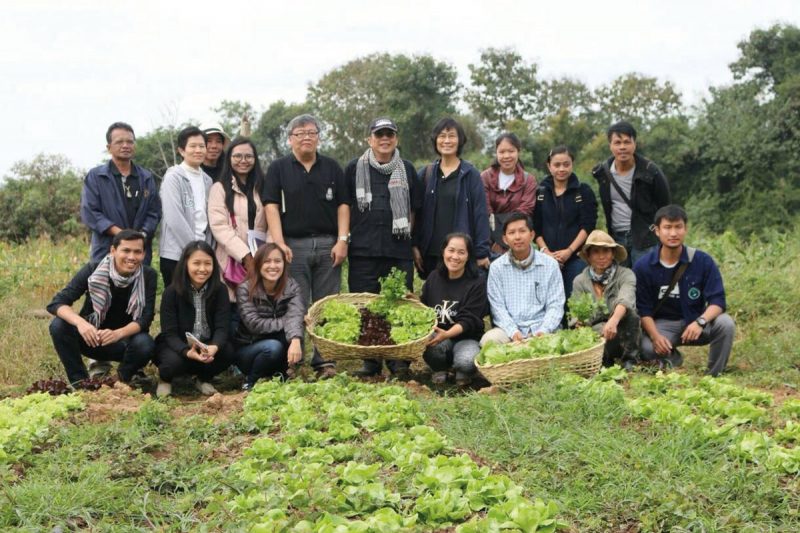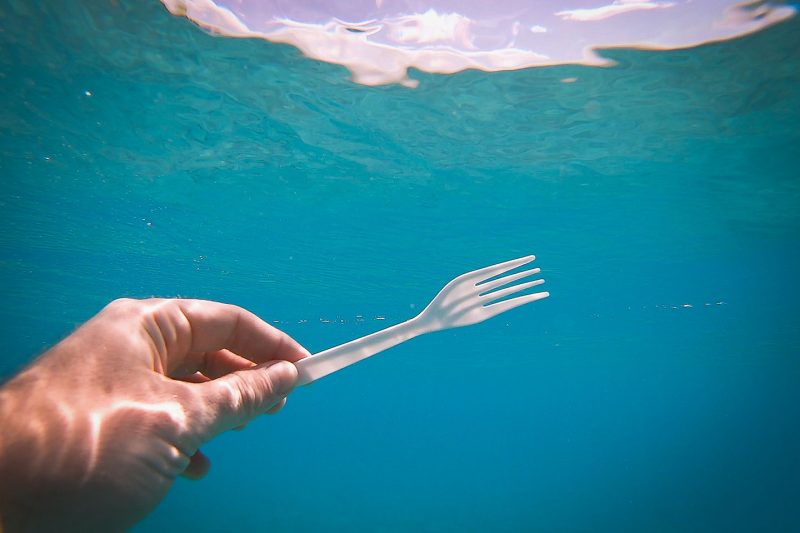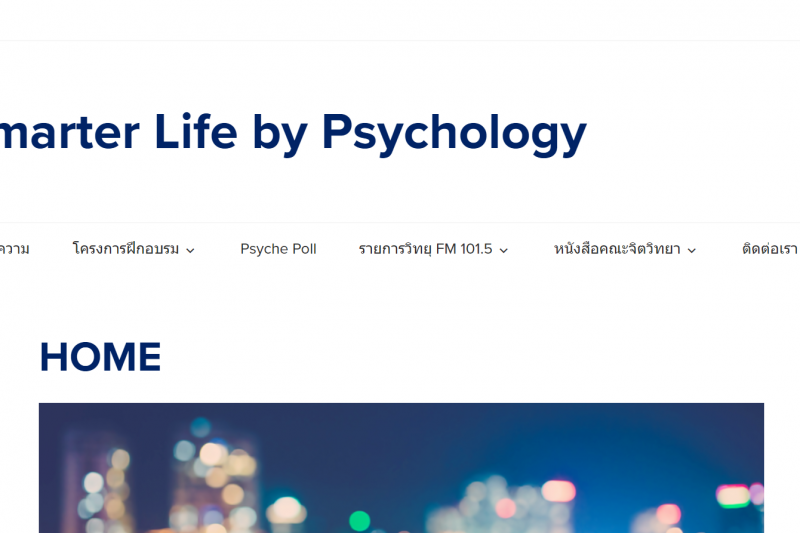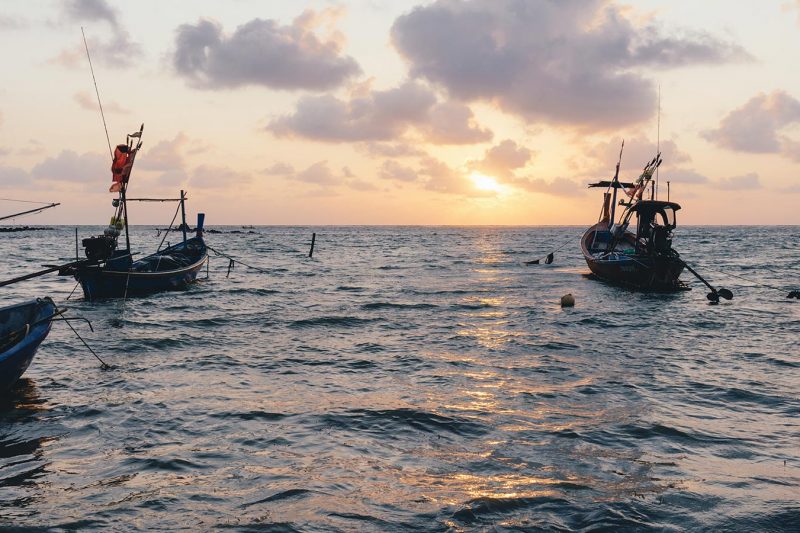The province of Chonburi believes that the blue crab learning centre on Koh Sichang Island will provide sustainable support to coastal fisheries in every aspect
Photo source: The Sharpener
On January 3, 2023, Mr. Thawatchai Sritong, Governor of Chonburi Province, together with Ms. Prapatsara Sritong, President of the Chonburi Red Cross Association, led a team to inspect the operations of the Blue Swimming Crab Learning Center under the royal patronage of Her Royal Highness Princess Maha Chakri Sirindhorn and the blue crab bank on Koh Sichang Island, which was initiated and managed by Aquatic Resources Research Institute, Chulalongkorn University. The university has a marine science research station and student training center on Koh Sichang to study, research and develop guidelines for restoring ecosystems and marine and coastal resources together with local communities on an ongoing basis. This has enabled the transfer of academic knowledge to over 3,500 fishermen in surrounding areas through this learning center.
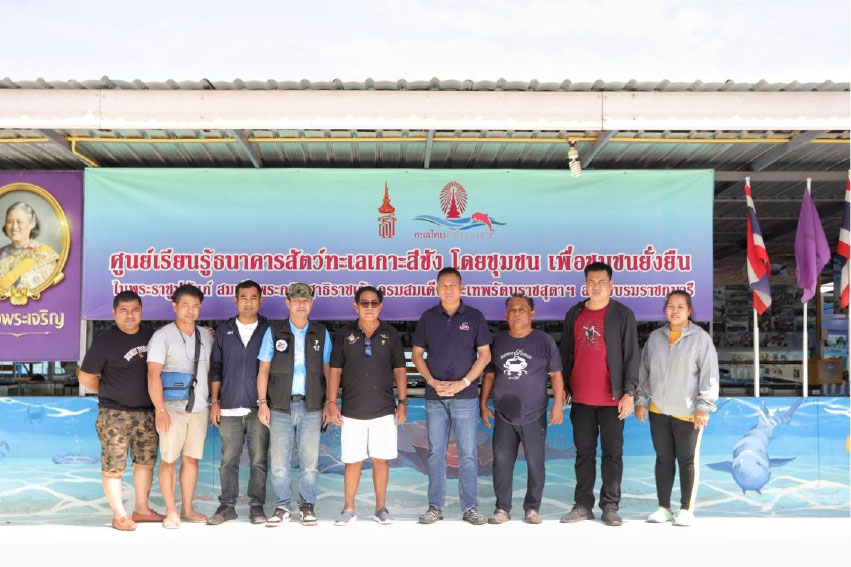
Mr. Thawatchai Sritong, Governor of Chonburi Province, said, “Through close interactions with coastal fishing communities on Koh Sichang island, Chulalongkorn University’s mission to help restore marine and coastal resources has steadily progressed. It has been proven that income can be generated for fishermen in Chonburi province and surrounding areas. This improves their quality of life. When people live well, various social problems decrease. When people have occupations and jobs in their hometowns, problems with migration to cities for work also decline, and families become warmer. Chonburi province is also ready to support communities and society, pushing for sustainable development in all dimensions.”
In addition, this learning center and crab bank also received research funding from the National Research Council of Thailand (NRCT) and won first runner-up in the 2021 Community Crab Bank Competition for Sustainability at the 2021 Thailand Research Expo. Assistant Professor Dr. Ninlawadee Chairatanaweesuk, academic advisor to the crab bank and head of the Crab Bank Expansion Project to Return Blue Swimming Crabs to the Thai Sea, revealed Chulalongkorn University’s aspirations and commitment in this mission:
“Our primary objectives are to develop knowledge and technology for breeding blue swimming crabs on land-based farms. This helps increase the survival rate of crab larvae from female crabs shedding their eggs. Small-scale fishermen bring egg-bearing female crabs to deposit at the on-land crab bank learning center so the eggs can hatch into young crab larvae instead of immediately selling them. We also aim to develop healthy parent stocks capable of producing vigorous offspring suitable for releasing back into nature. This will aid in restoring balance to crab populations in the ecosystem. To date, billions of crab larvae incubated at the center have been released into the sea, boosting the survival rate of released larvae by 60% through this project. In addition, this on-land crab bank learning center plays a vital role in transferring knowledge to our key target groups – grassroots communities and relevant agencies in Koh Sichang district. So far, 22 crab banks have been established on Koh Sichang, with another 3 appearing in nearby areas of Chonburi province.
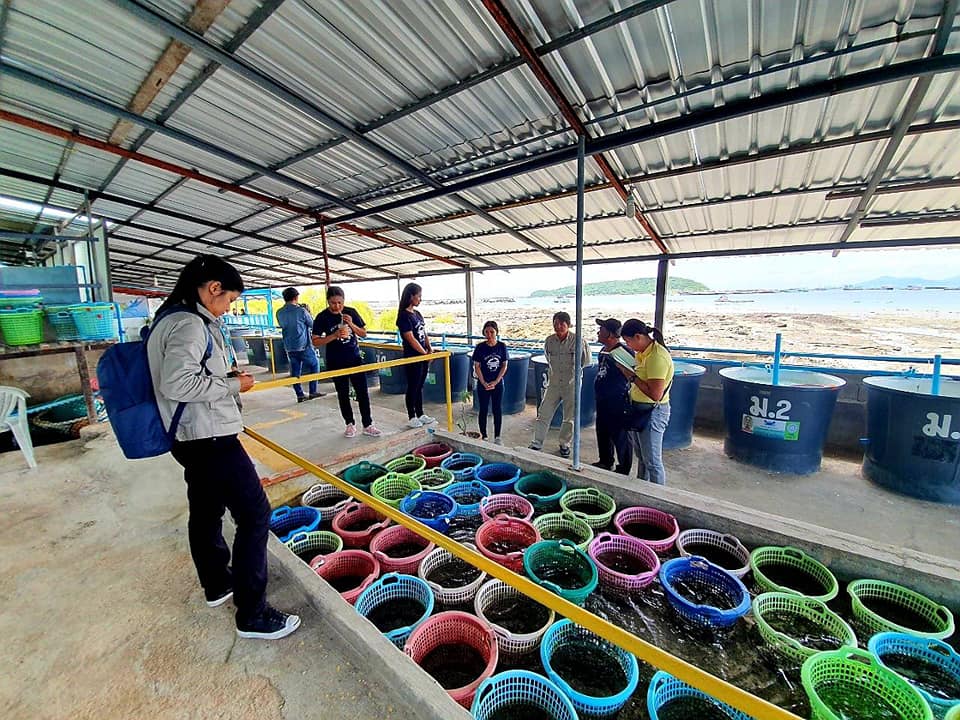
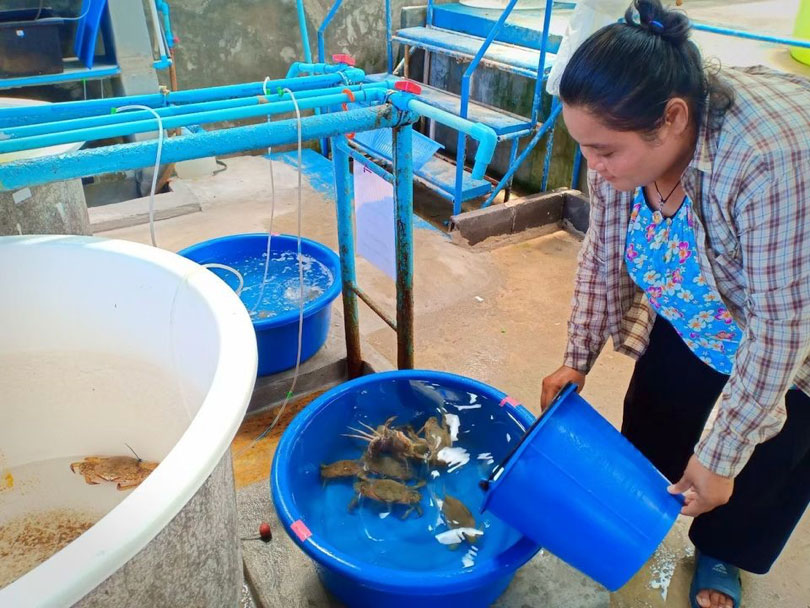
We have also expanded the initiative to communities along the Gulf of Thailand and Andaman coasts, such as the Blue Swimming Crab Learning Center in Pak Khlong Tha Thong, Surat Thani province and the Crab Bank Learning Centers in Koh Muk, Trang province. We serve as a network and learning source about blue crab fisheries for interested parties, including eco-tourists. Furthermore, we have encouraged Koh Sichang locals to participate in the learning center’s operations as observers, data collectors, and local blue crab fishing monitors to enable information exchange within the community.”
Therefore, Chulalongkorn University’s blue swimming crab expansion to the Thai seas is a model demonstrating the successful integration of research innovations to solve the critical national issue of the significant decline in Thai blue crab production. It has also created a participatory national resource management approach with involvement from all sectors.
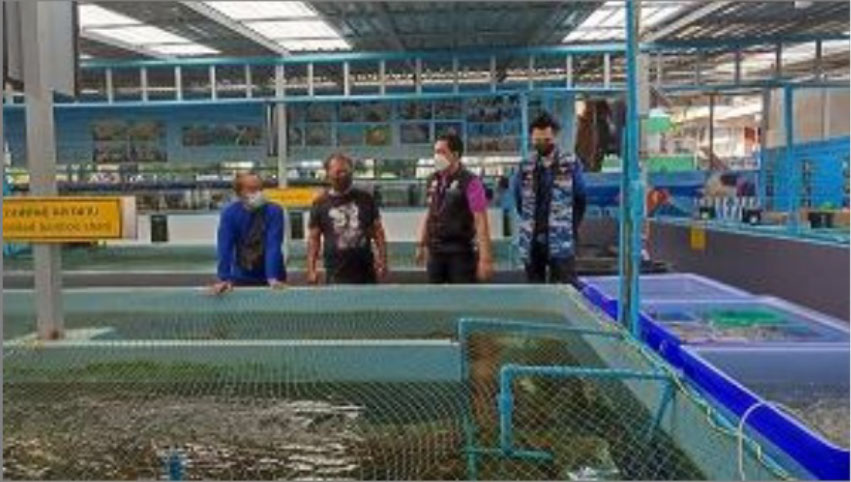
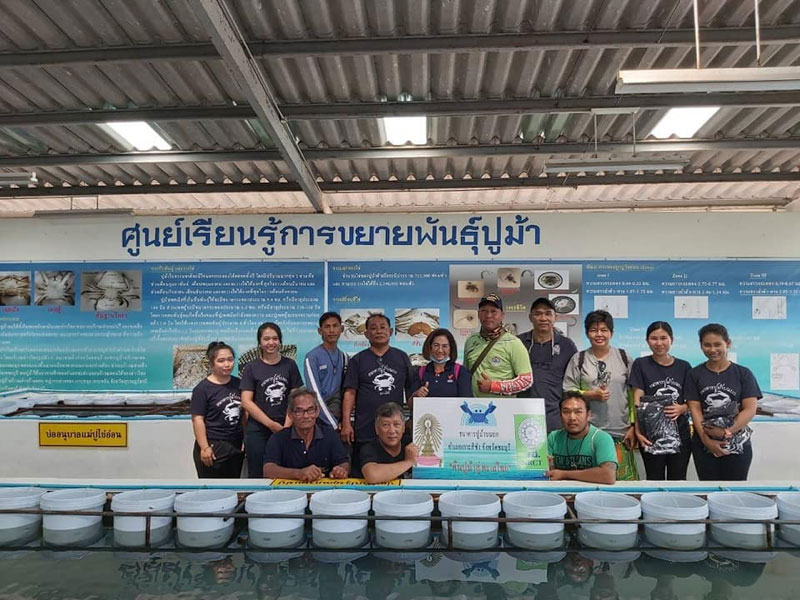
BY
- Aquatic Resources Research Institute, Chulalongkorn University
- Chula Unisearch, Chulalongkorn University
Others
CU Social Engagement in Nan
Chemical-free farming and preservation of historic old own in the spotlight

